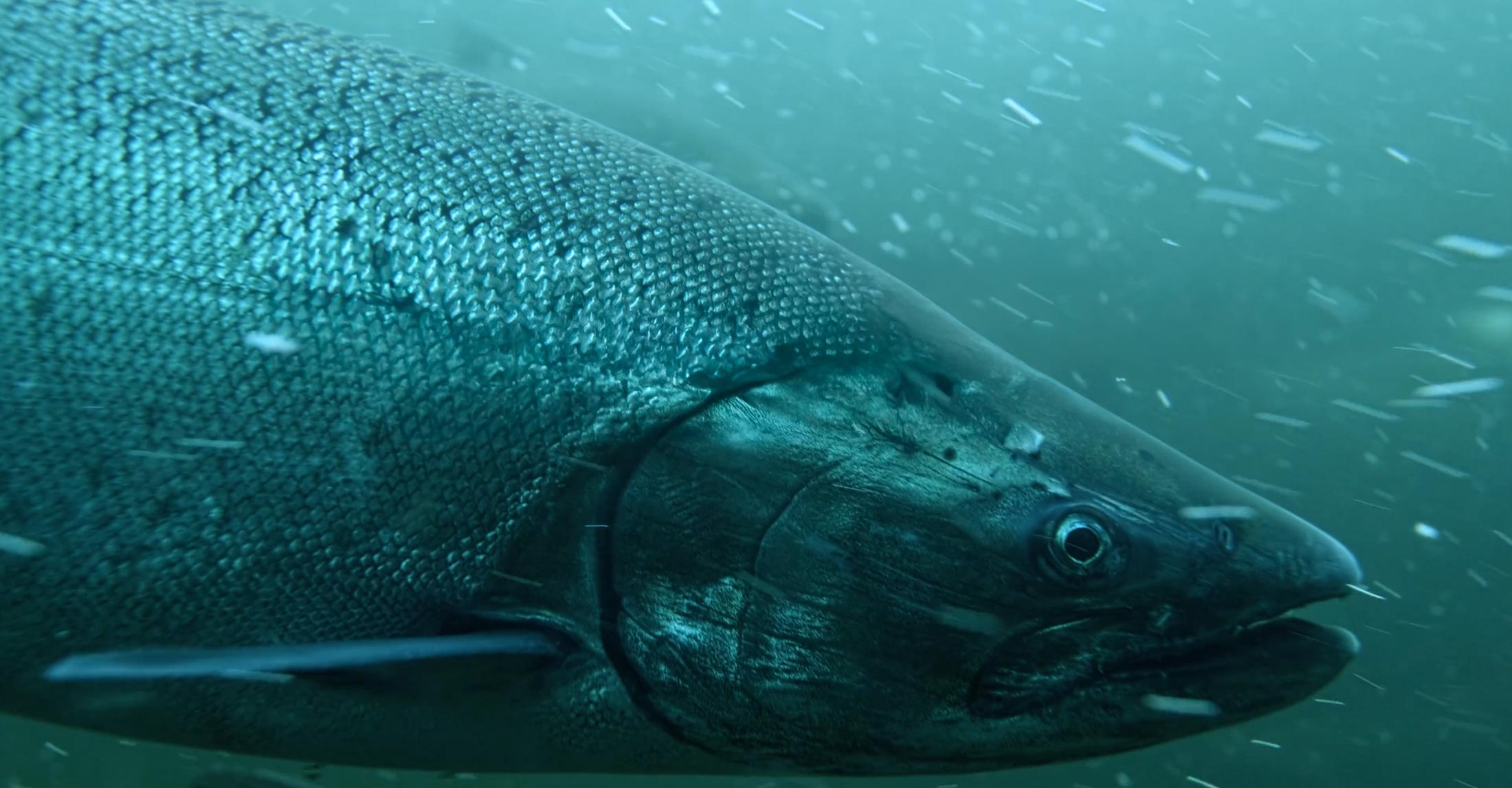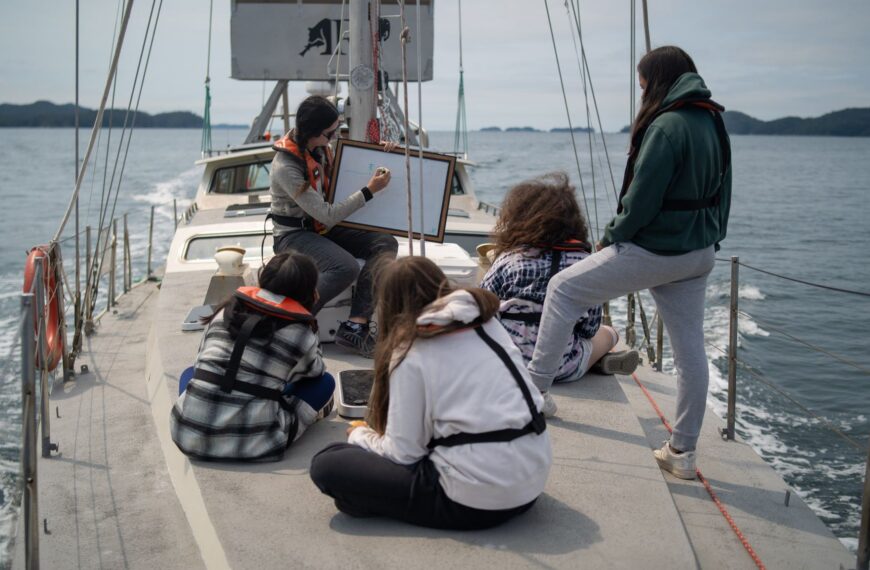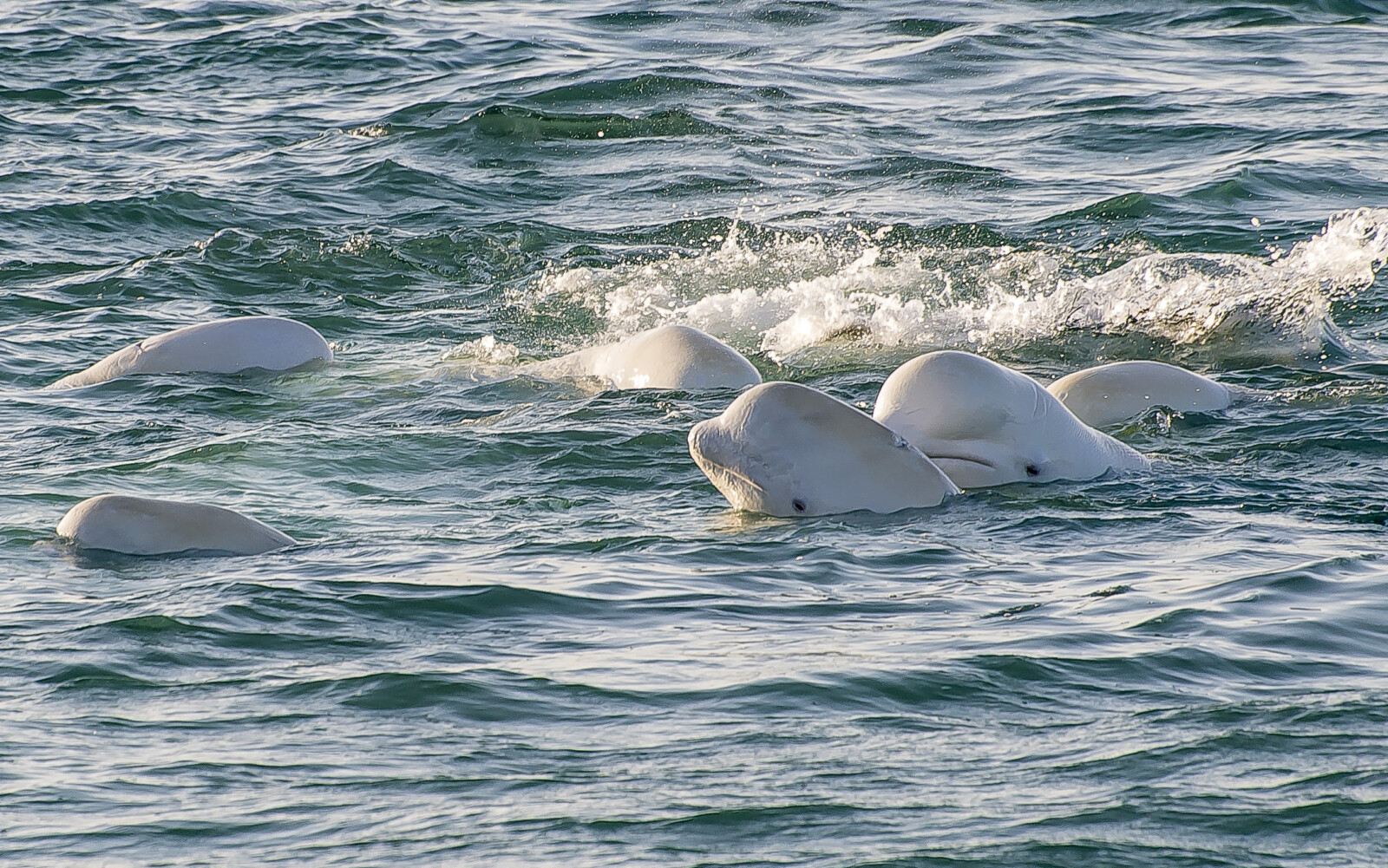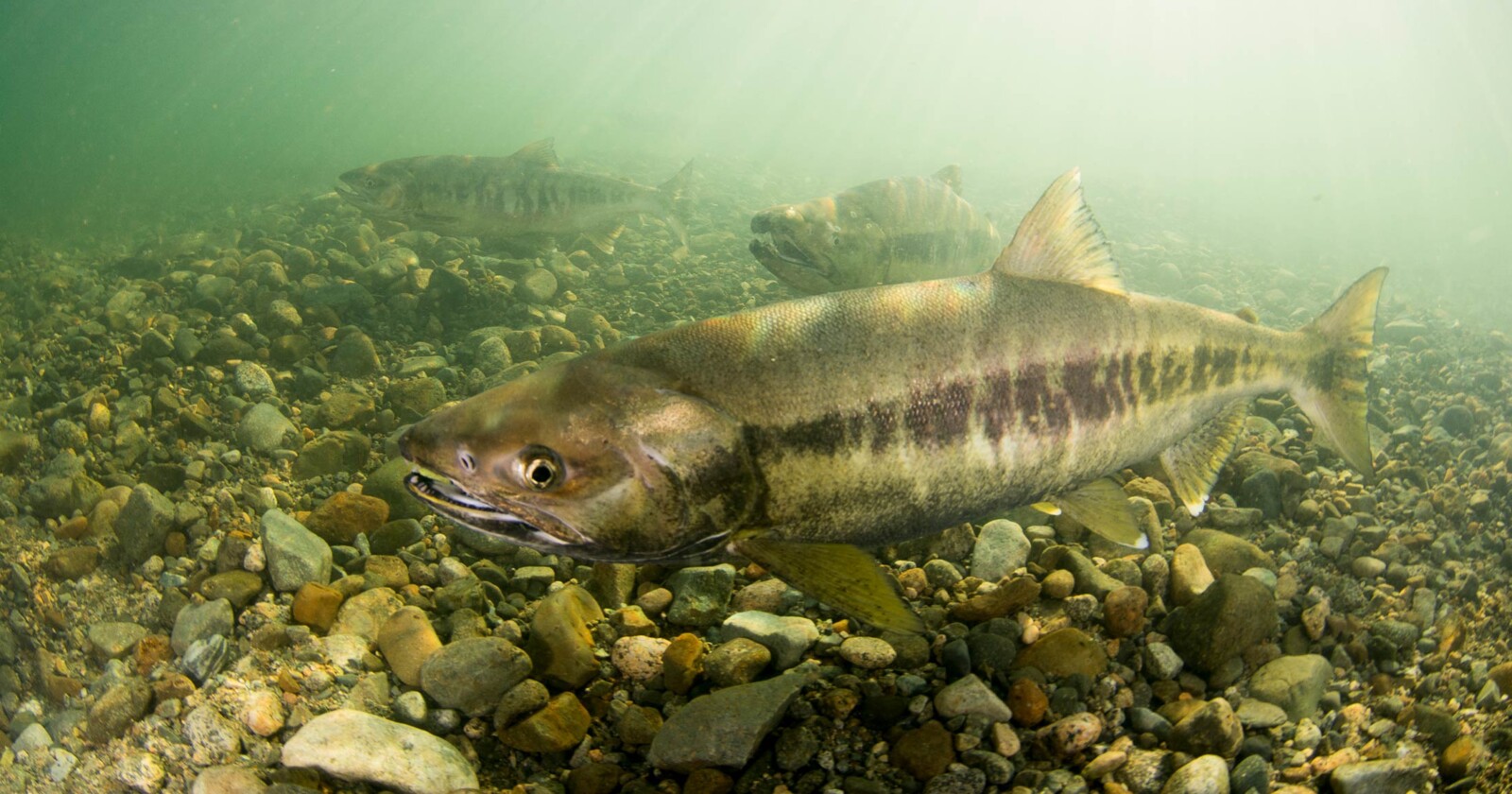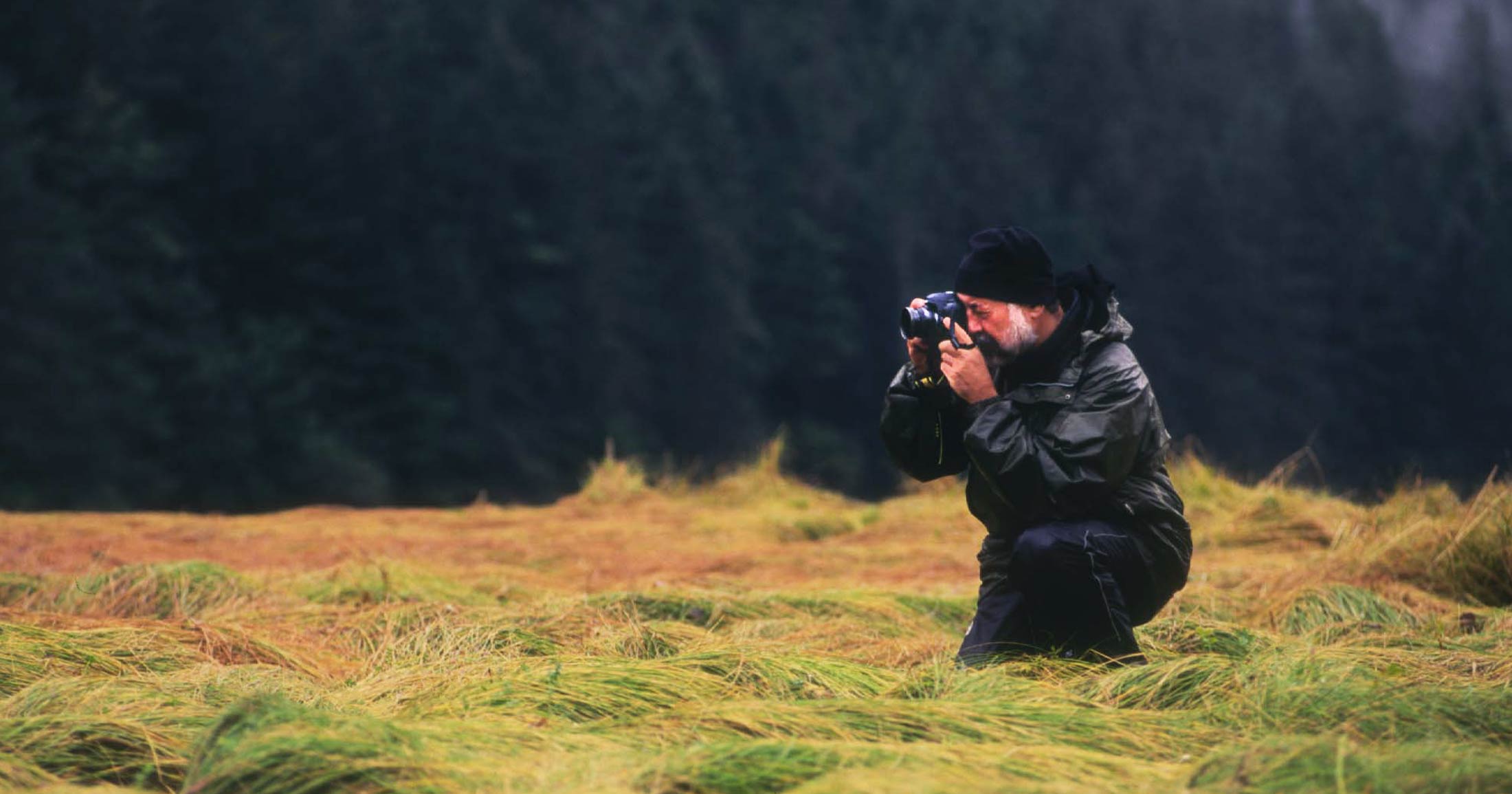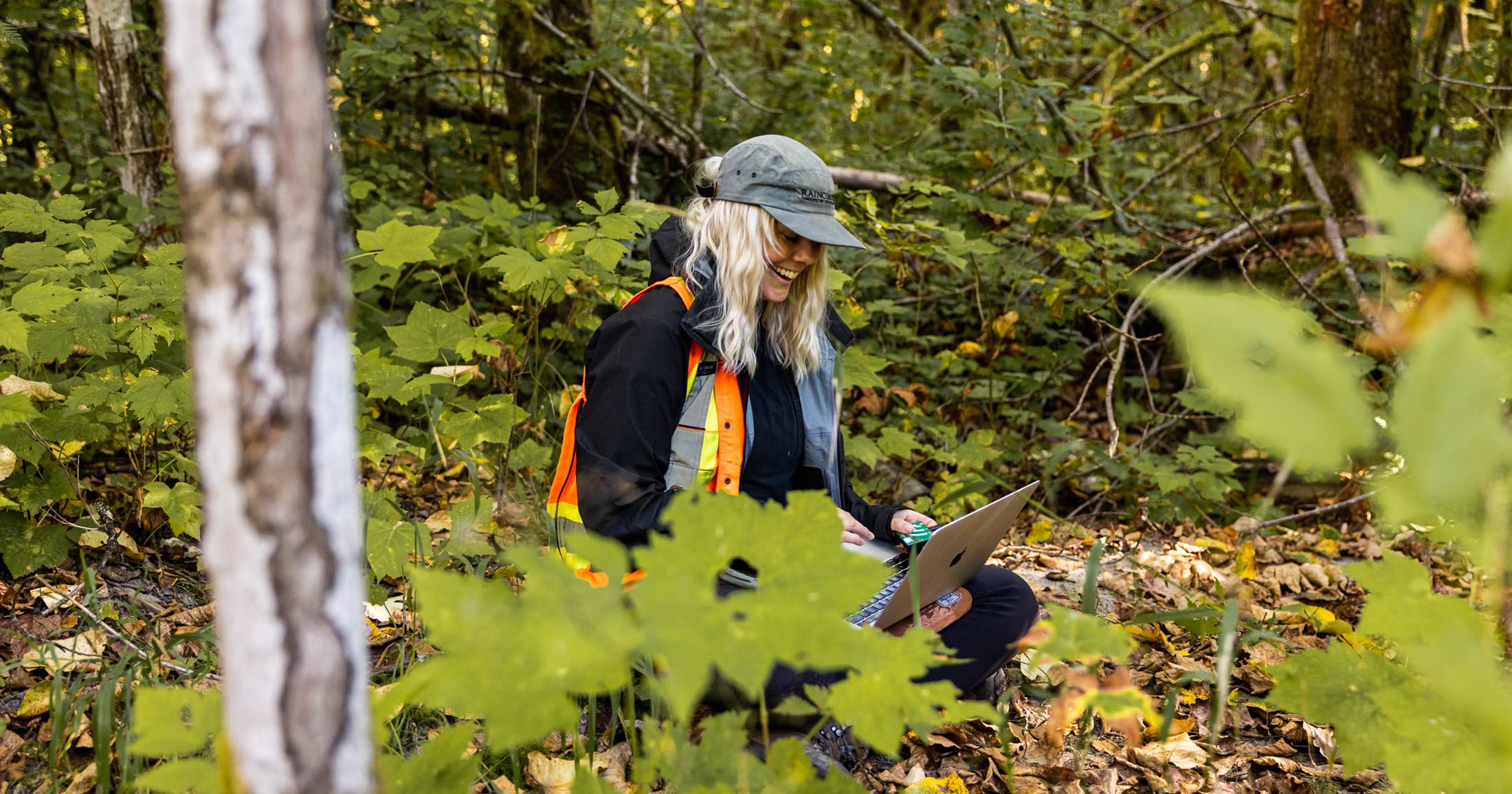No half measures for Southern Resident killer whales
Only three days left for your input to the Federal government on recovery actions.
For the last several months Raincoast and our partners have been working diligently to inform government about what is required for Southern Resident killer whale recovery. Right now, as we anticipate the return of these endangered whales to the Salish Sea, the federal government is considering exactly what measures they will take to aid recovery in 2019.
They are asking you for your input, and it is critical that you encourage them to make the right choice. Many voices are advocating for less ambitious recovery actions.
Fill out the survey now [icon icon=”external-link”]
Please follow the link, complete the survey by May 3rd and encourage your friends to do the same.
Our position is based on research we have published with an international team of scientists and expertise from our colleagues at the David Suzuki Foundation, Georgia Strait Alliance, Natural Resources Defense Council and WWF Canada. We’ve identified what we believe are the most effective options for recovery based on the best available science and a precautionary approach.
To be clear, Southern Resident killer whales are going extinct under current conditions. To recover they require measures that reduce noise, disturbance and pollution. They also need improved prey availability, i.e. more Chinook salmon.
We owe government credit for opening a dialogue and if we can demonstrate strong public support for bold recovery measures, there is more chance of getting these whales the support they need. This is no time for half measures, so please make your voice heard.
For those that remain.
You can help
Raincoast’s in-house scientists, collaborating graduate students, postdoctoral fellows, and professors make us unique among conservation groups. We work with First Nations, academic institutions, government, and other NGOs to build support and inform decisions that protect aquatic and terrestrial ecosystems, and the wildlife that depend on them. We conduct ethically applied, process-oriented, and hypothesis-driven research that has immediate and relevant utility for conservation deliberations and the collective body of scientific knowledge.
We investigate to understand coastal species and processes. We inform by bringing science to decision-makers and communities. We inspire action to protect wildlife and wildlife habitats.



